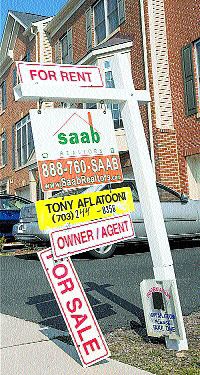New law’s coming, but strata will have the right to approve installation
Tony Gioventu
Sun
Q: In September, one of our owners upgraded their gas furnace in their townhouse. The upgrade resulted in the mandatory change to a high-efficiency furnace and new venting from his unit. The new venting required that holes be cut into the siding of the unit and alterations were made to the strata lot without the permission or consent of the strata corporation. The strata council responded to the complaint from another owner and the furnace company told us we had no choice. “Because of the regulations we were just going to have to live with it.” Has a new regulation come into effect? What happens to all the units with gas fireplaces? Doesn’t the strata corporation have authority over what happens to common property?
— Sanjay G., Surrey
A: The British Columbia Energy Efficiency Act (EEA) comes into effect for the replacement of residential furnaces in existing dwellings as of Dec. 31, 2009. The new regulations affect townhouse and detached strata-titled houses directly, when they go to replace their existing gas fired furnaces.
Owners will still be required to obtain the written consent of the strata corporation before they alter common property, and the strata corporation as a result may set conditions to the agreement that include: being responsible for the future costs of maintenance, repairs or resultant damages of the alteration, any building/gas permits or engineering requirements, and any of the related costs of the installation. The strata council will also have the authority to approve the intended installation and alteration of the common property or structure of the building before the work commences. The changes also have a potential impact on building envelope systems, drainage and landscaping.
The change to a high-efficiency gas furnace typically requires changes to the venting system as the system uses a condensing technology where the products of combustion are direct vented through a plastic pipe commonly through a side wall.
Townhouses, of course, are much more complicated because many of them may only have one wall, or a basement or crawl-space furnace, in confined spaces, and under stairwells or in enclosed closets.
Owners should ensure they are only using a licensed HVAC professional, and that if there are any alterations to the structure of the building or common property, they need the written approval of the council before they proceed.
The council needs to remember they can place conditions on the approval in accordance with their bylaws, but they must act reasonably.
A failed furnace in the winter is going to require some quick action and an upgrade with approval. This is not a do-it-yourself job!
For more details go to @ housesmartcentre.com, “New Standards for Furnace Installation.”
Tony Gioventu is executive director of the Condominium Home Owners’ Association. Send questions to him c/o At Home, e-mail [email protected].
© Copyright (c) The Province


